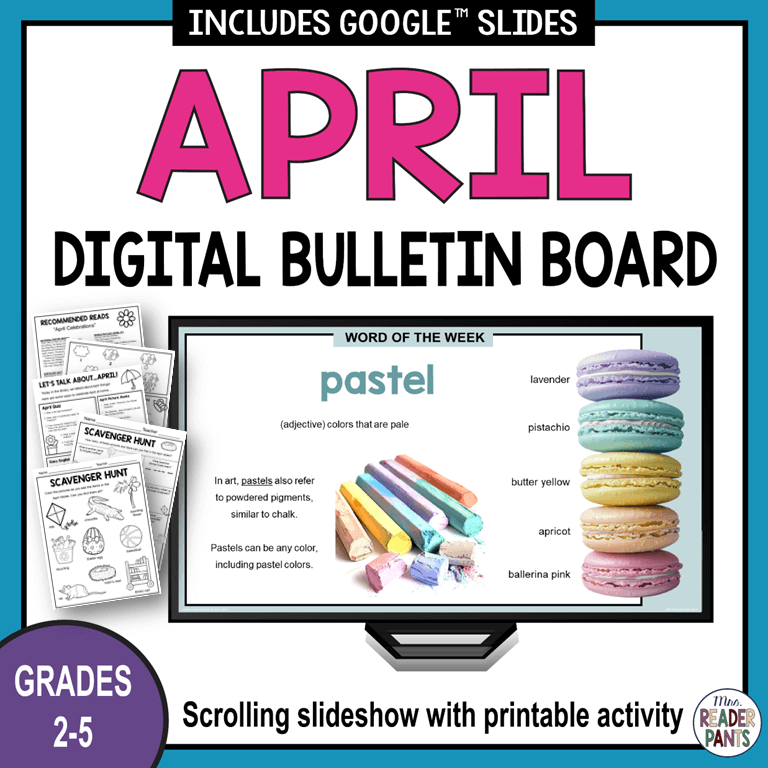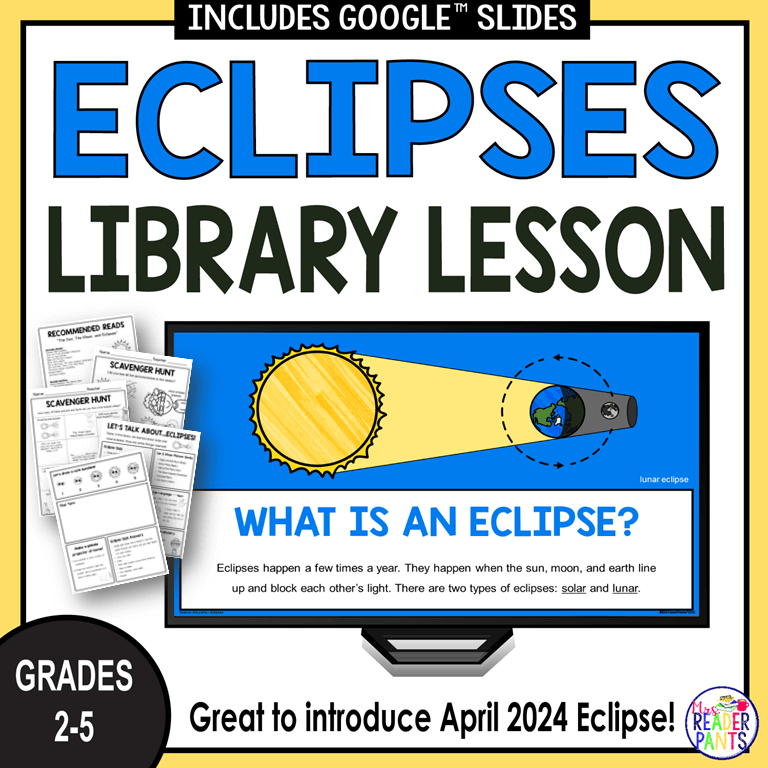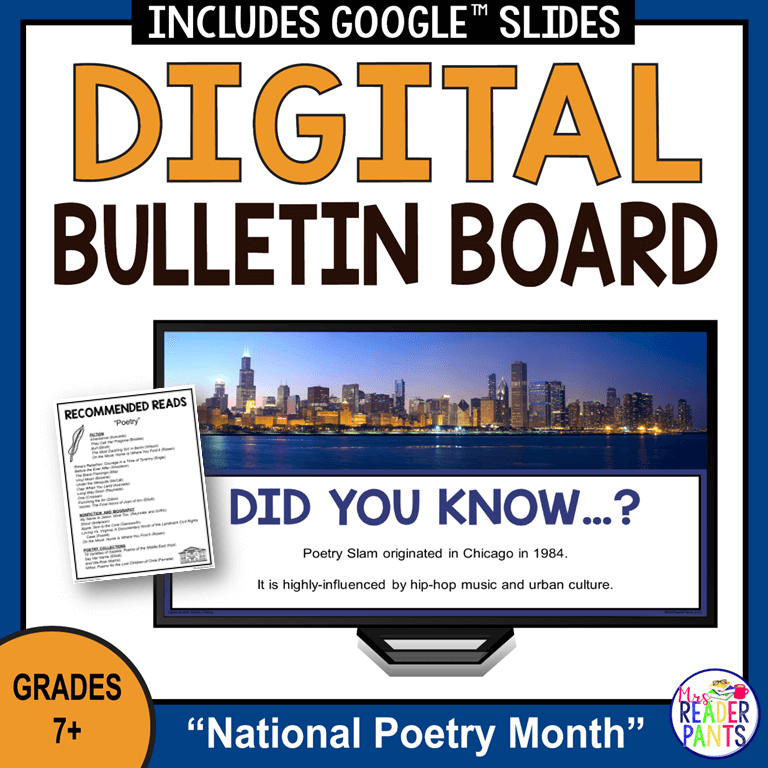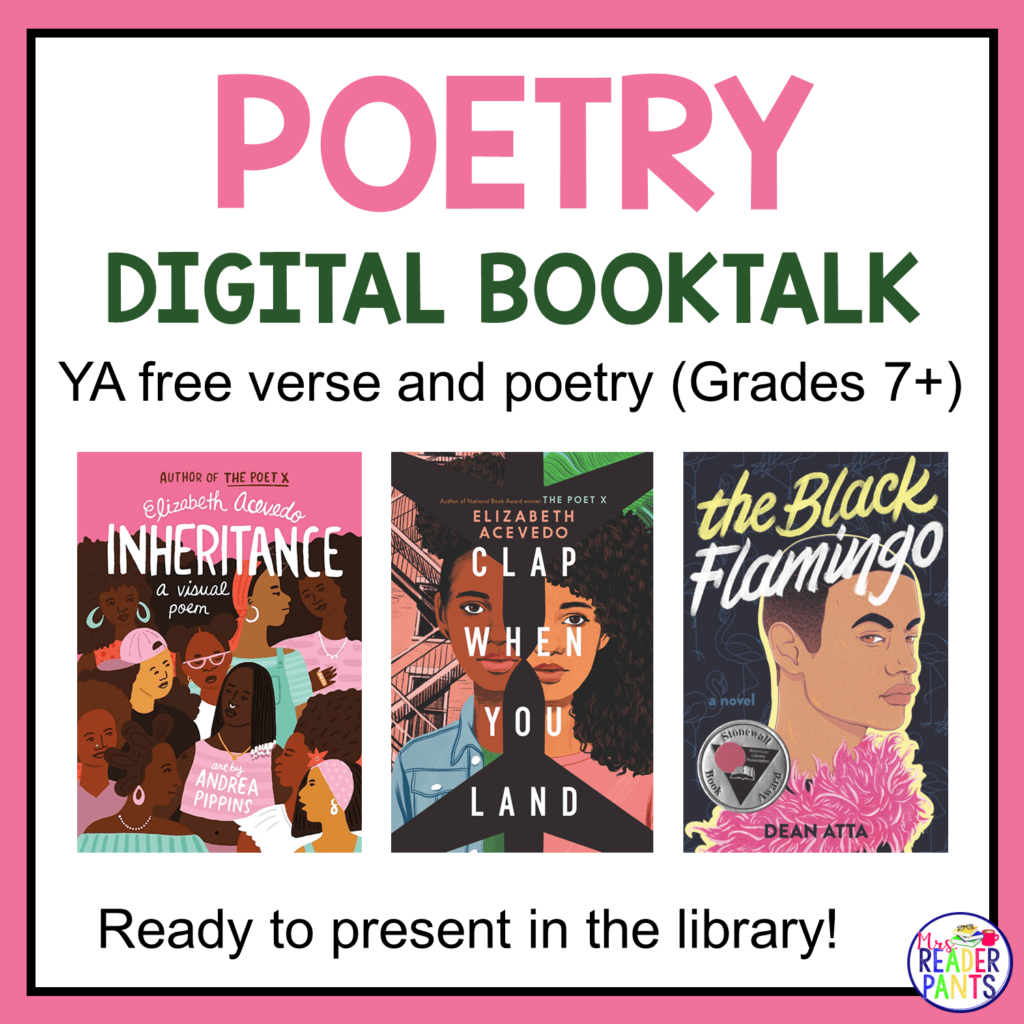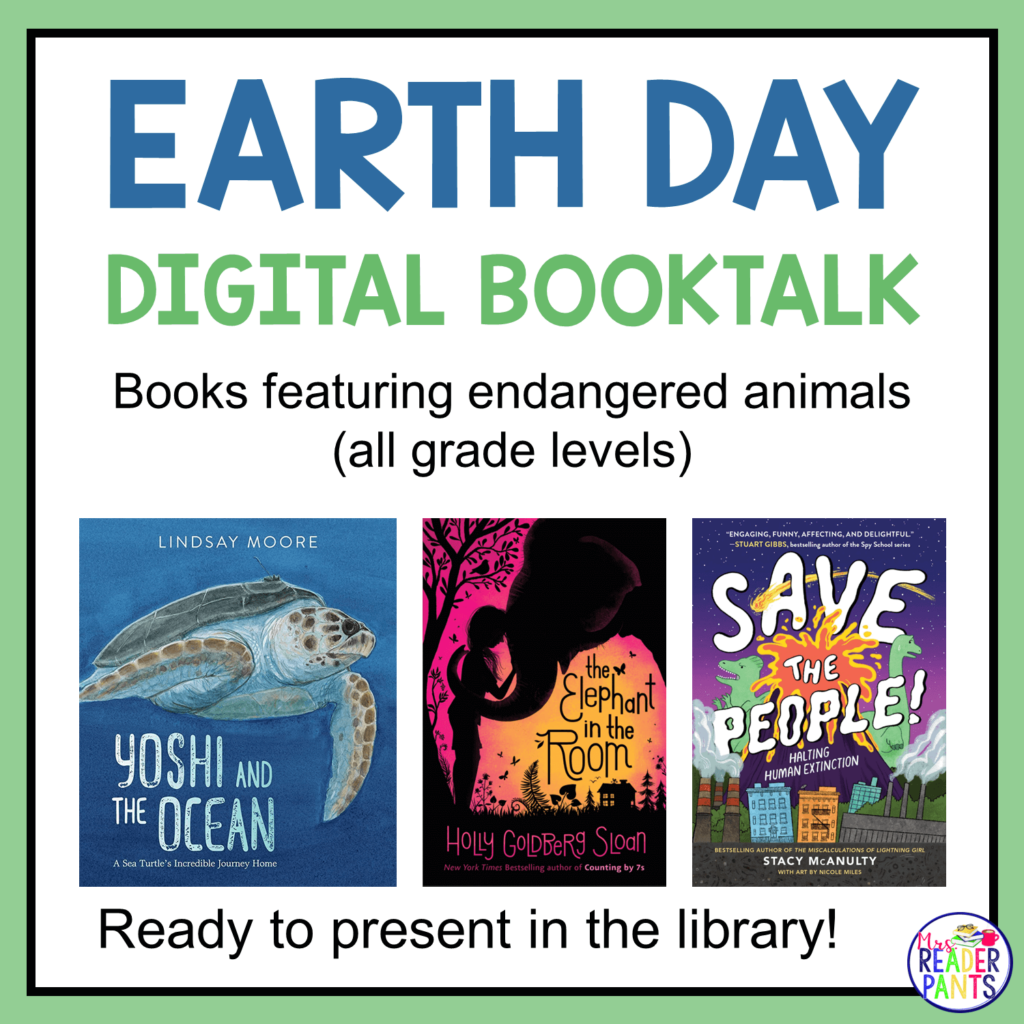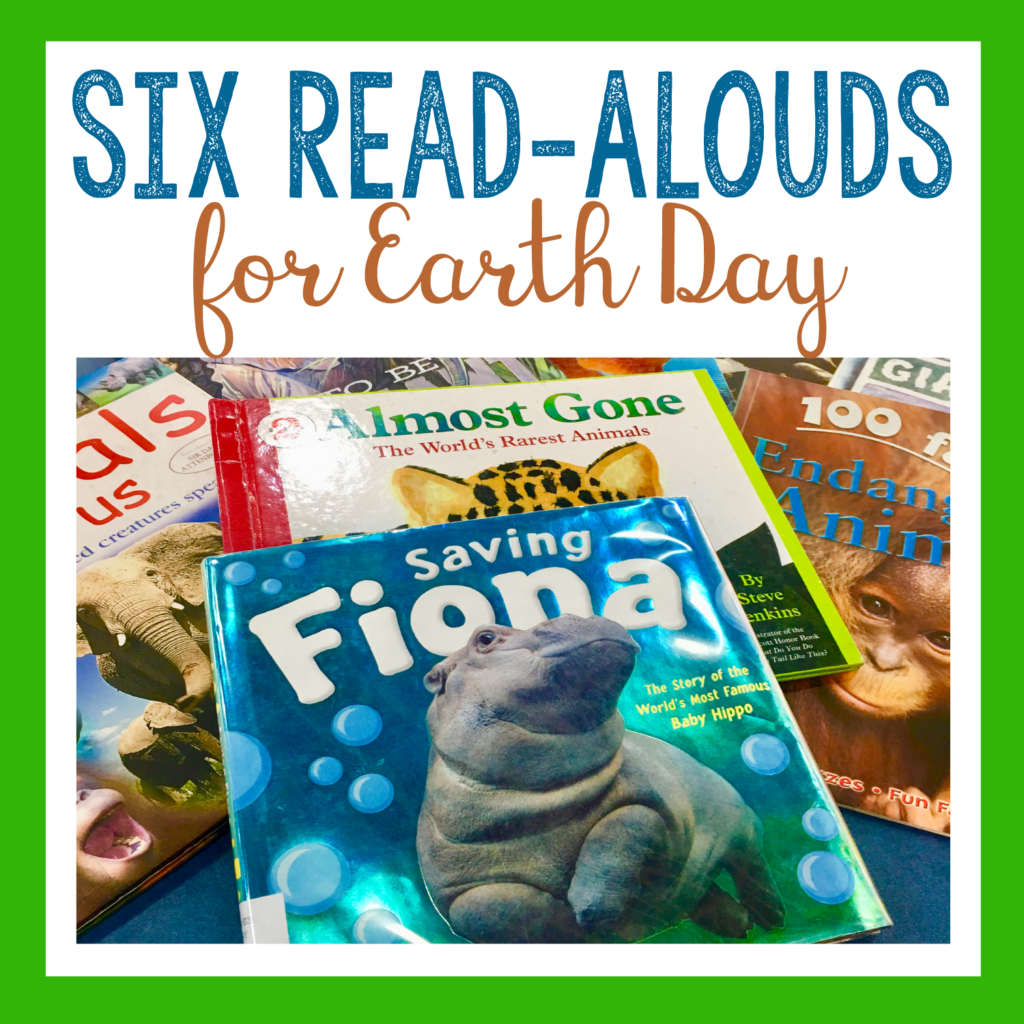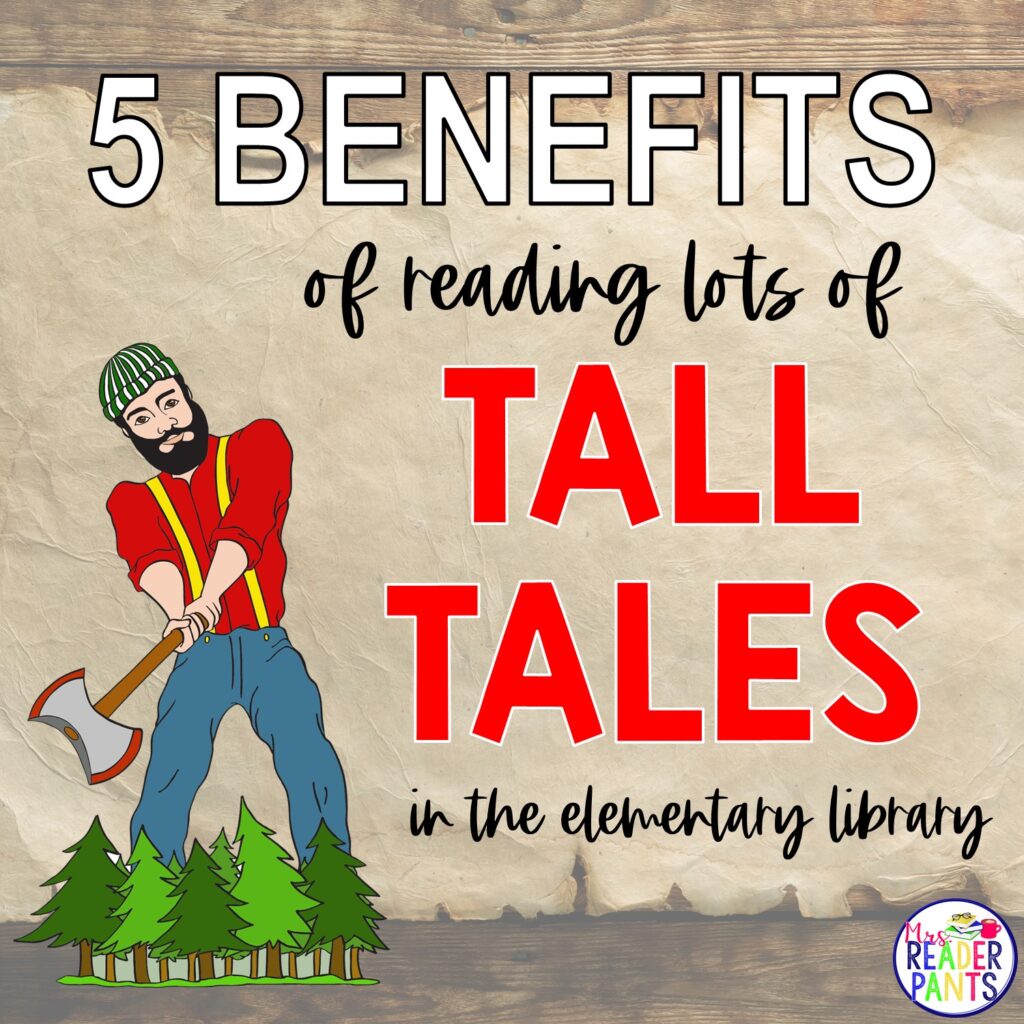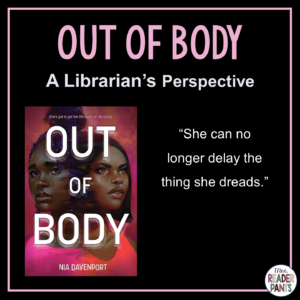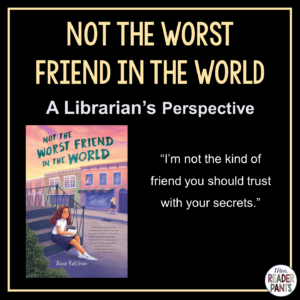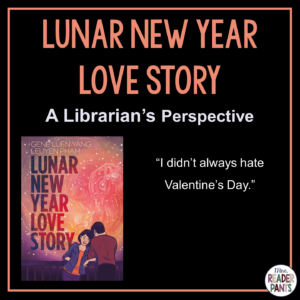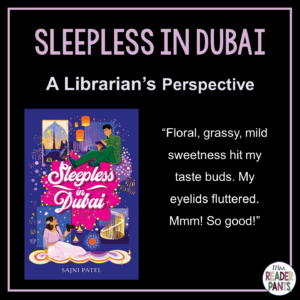When I was working on my MLIS, I heard over and over that librarians should not booktalk a book they haven’t read. After all, why would students want to read a book if we hadn’t read it? How could librarians really talk up a story we hadn’t actually READ? What could we possibly have to say about it beyond its pretty cover art?
So I didn’t. And at the elementary level, where I could read most picture books and short nonfiction in less than 10 minutes, sticking with that rule was easy enough.
The problem came when I started working as a middle school librarian. Sure, I had read some of the books when I taught seventh grade five years before, but it was going to take me much longer to read my fiction books. So I started booktalking books I hadn’t read yet but wanted to read.
And guess what? The world didn’t implode. My students still clamored for the books I talked about, even though I–GASP!–hadn’t read them at all. Instead, I learned about new books right along with my students. Yes, I read them as voraciously as I could, but I wasn’t going to make my students wait for me to read enough books to talk about them.
The greatest advantage to booktalking books you haven’t read yet? Variety! If I only booktalked the books I’ve read, my students would be hearing about a LOT of sci-fi and fairy tale romances, but they would hardly ever get to hear about nonfiction, manga, mystery, sports, and other books I generally don’t read as much. While I do read some of these other genres from time to time, they are just not my favorites.
Another plus is that I don’t feel pressured to read books that I am not really into, just so I can booktalk them. I read what I want and booktalk my faves right along with the genres I’m not so interested in.
I have another post of Booktalking tips, but this one is specifically for booktalking books you HAVEN’T READ:
-
- Select a theme. I mostly use music to theme my booktalks, but you can use pretty much anything. Other theme possibilities I’ve used include movies, readalikes, colors, seasonal festivities, current events, weather, random objects, emotions, sisters, etc. Seriously limitless possibilities!
-
- Flip through nonfiction books to find interesting illustrations. Make sure the illustration(s) you show are large enough for everyone to see easily and have some sort of story or something you can say about it. For example, for in a booktalk about bad weather (“A Hard Rain’s Gonna Fall”), I showed a photo of a glacier from Dangerous Crossings, a nonfiction book by Carole Garbuny Vogel) and talked about the Titanic and how you can see why the crew might not have noticed the glacier until it was too late. Instead of continuing to collect dust in the barely-used 900s section, Dangerous Crossings ended up with a hold list!
-
- Read passages aloud. You should be able to find something in the first few pages, which is just fine if you haven’t read it since you don’t want to give anything away. The key word here is SHORT. I try not read passages that would take me longer than a minute or so to read. I have too many great books to talk about to devote 5-10 minutes to one book’s read-aloud. A great example that seriously works EVERY TIME is Helen Frost’s Hidden. There is a passage where one of the characters (Darra?) is kidnapped by someone who robbed a store. It is a two-page passage with tons of white space, so it doesn’t take long to read at all. The kicker is what I do afterward. I walk around and show the students how Darra’s parts of the story have some long lines and some short lines. If you read the last word of each long line in order, it forms another sentence that tells more about the story. Sold!
- When booktalking fiction titles you haven’t read, be sure to do your research. Read the jacket blurb AND the publisher’s summary (usually longer than the jacket blurb) AND a few positive reviews. This will give you a more complete view of what the book is about.
-
- Show the cover. I use a computer projector and either Power Point or Prezi to project the cover on a screen. You could just hold it up, but I don’t think it has the same power as a bigger view of the cover.
-
- Make sure there is something about the book that YOU find interesting or exciting. That excitement should come through in your booktalks!
-
- Don’t be afraid to admit you haven’t read the book. I try to avoid this if I can, but sometimes I will say things like, “I’ve been wanting to read this one” or “I found this when shelving books yesterday, and I just had to tell you about it.”
-
- Try to compare the book to similar books they might know. Show the new movie trailer for Divergent or Catching Fire to talk about other books that are like it.
-
- Show book trailers if they are available and of good quality.
Other tips for booktalkers:Making the Most of Your Booktalks: 8 TipsScholastic’s Top Ten Tips for Great Booktalks in the ClassroomWhy Booktalk? from Vermont Public LibrariesBooktalks: Quick and Simple by Nancy Keane

